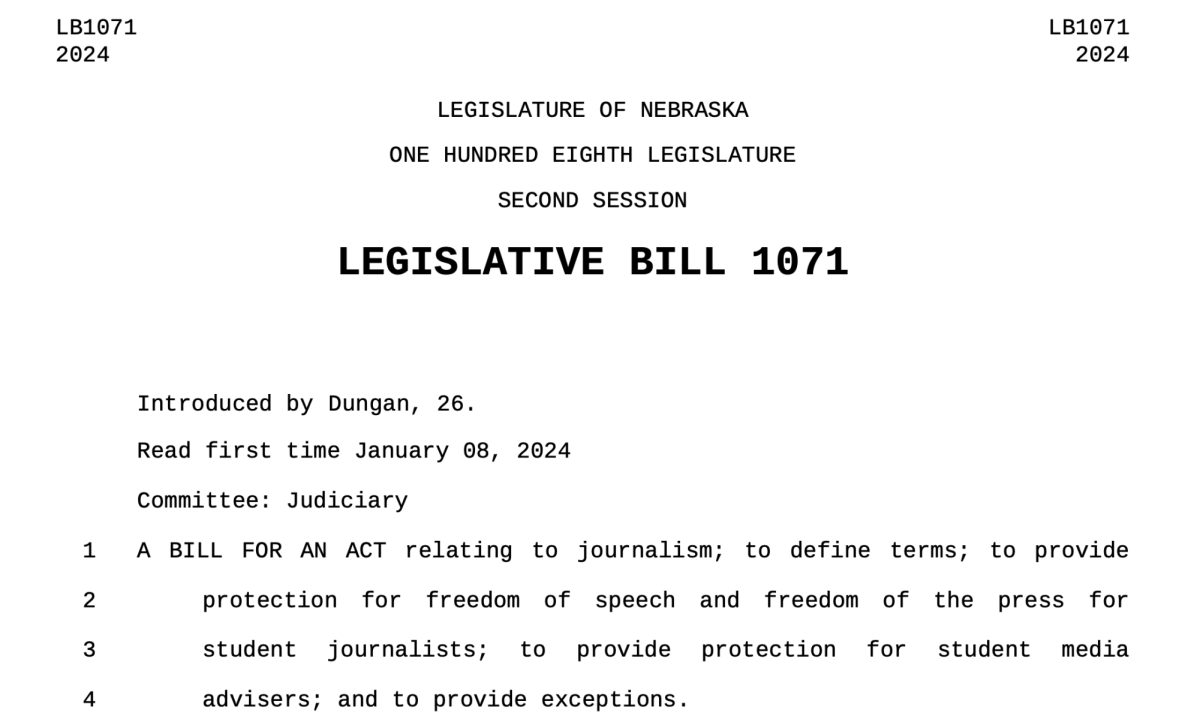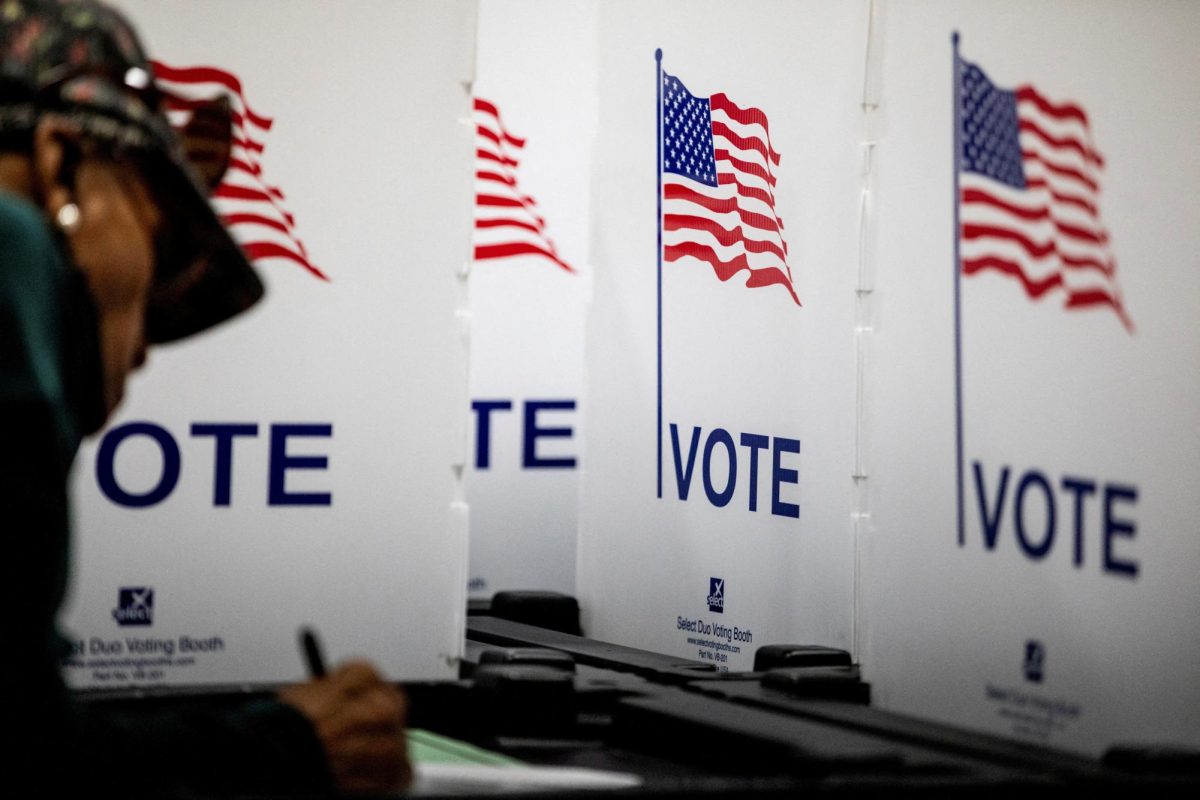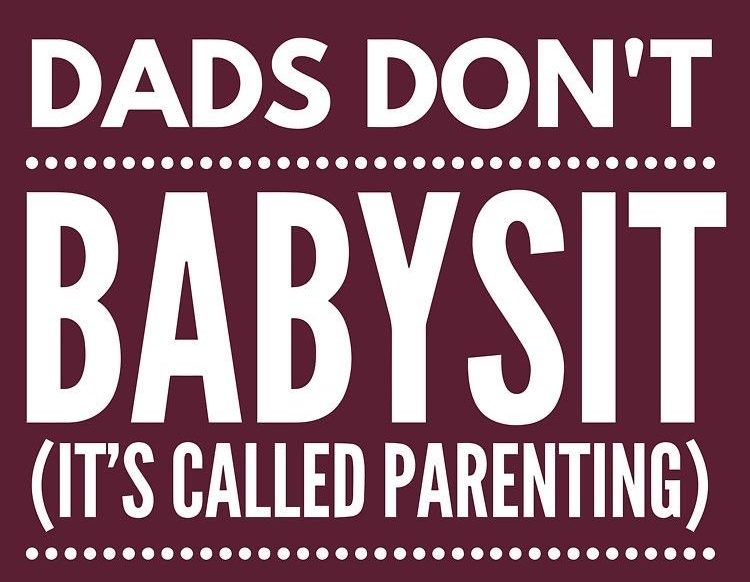I felt the rush of seeing my name in a byline for the first time after writing a story on the unfair dress code in the Omaha Public Schools. It was a piece I feared would cause criticism from the district. My hope is that other student journalists can feel that sense of pride and not wonder whether or not their stories are “acceptable.”
On Jan. 22 the OPS board voted to monitor LB1071, a change from their previous stance opposing the bill. This was due to pushback from other OPS student journalists. LB1071 would give more protection and rights to student reporters in Neb. Although opting for a neutral view on the bill is progress, OPS student journalists deserve more. Here’s why the board should strongly consider supporting this cause and the future of journalism.
Just across the river in Iowa, student press is protected by laws like LB1071. Publications there don’t have to worry about being censored by their superiors or coming under fire for pieces they put out. This bill being introduced into the Nebraska Legislature is a huge step in a year’s long battle for student journalist free speech rights. In contrast to Iowa, student publications here are subject to censorship and punishment at the hands of administration, while teachers are subject to termination for protecting their students. LB1071 would secure these two groups the liberty to do their jobs as young journalists and advisors.
The bill states “all school-sponsored media are deemed to be public forums. Subject to subsection (3) of this section, a student journalist has a right to exercise freedom of speech and of the press in school-sponsored media, regardless of whether the media is supported financially by the public high school, supported by the use of the facilities of such school, or produced in conjunction with a class in which the student journalist is enrolled.” The bill also asserts that a teacher cannot be punished for refusing to hinder their student’s rights as stated in the previous sections.
LB1071 doesn’t allow students to be libelous, slanderous or violate journalism ethics. It doesn’t allow student work to go unchecked by advisors or administrators. It also doesn’t mean students can put out whatever they want. So why does OPS have an issue with supporting the bill along with their hundreds of students building their future careers?
Many students, like me, have found their passion in OPS journalism programs. No matter how big or small the publication, you can walk into any student newsroom and feel the devotion and love flowing through the staff. Not only do students discover their passion, but they also find lifelong connections and friendships in these programs.
When I signed up for newspaper my sophomore year, I never knew the sense of belonging I would find. As I’m nearing the end of my senior year as the editor-in-chief, these past three years have been the best of my life. Journalism is what I want to do forever. I found it by meeting staff members and advisors who pushed me to do my best work over the years. The board doesn’t know what the Omaha journalism community is like, and how it’s home to so many people. But while our staffs are out getting interviews, writing controversial pieces and reporting on the things that matter, there’s one question hanging over our heads. “What will the backlash be like?” Sometimes it’s even, “Can we publish this?”
Advocates have been lobbying for a New Voices law in Nebraska for years, and this is by far the closest we’ve come to seeing real change. So, I ask the board, take away the uncertainty for us. Let us have the freedom to write about the things that matter to the student bodies we represent. With the help of our administration and advisors, students will grow into the future journalists of tomorrow.









